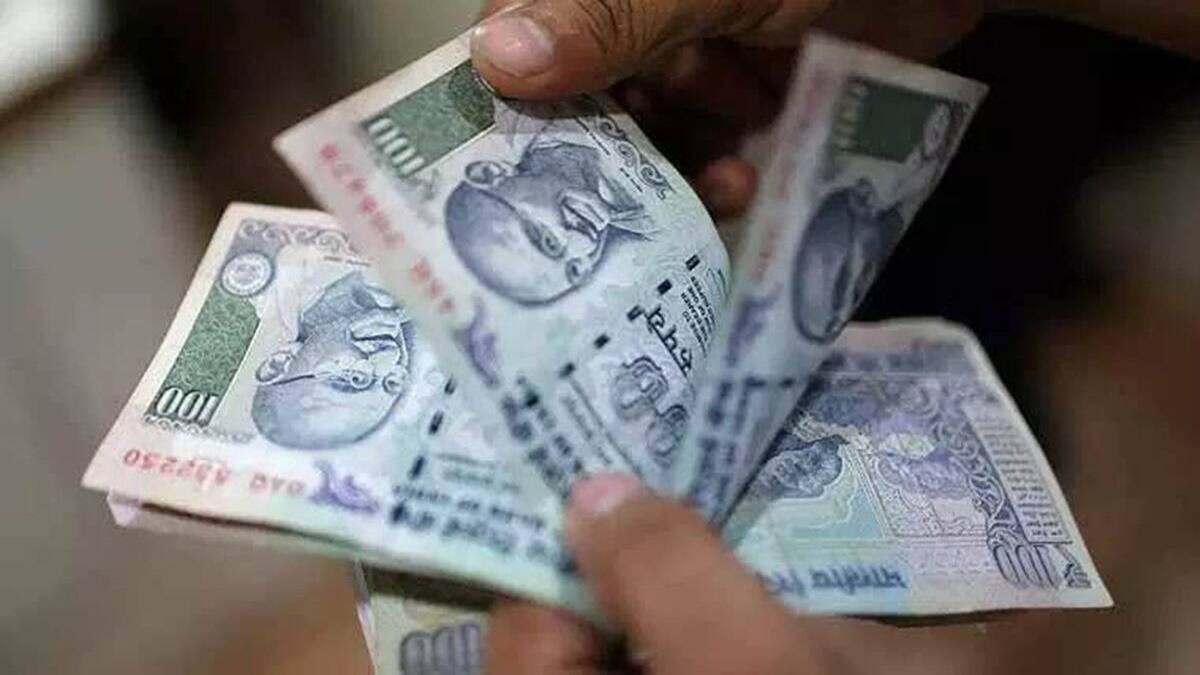The Securities and Exchange Board of India (Sebi) recently brought mutual funds under the ambit of its insider trading regulations. The Mutual Funds Prevention of Insider Trading (MFPIT) framework is only applicable to ‘connected persons’ dealing with their own MF units. Ashley Coutinho explains what the rules entail
PIT framework for mutual funds
Also Read: Does Index Fund make investing in mutual funds free of worries?
MF PIT will check insider trading by ‘connected persons’ vis-a-vis MFs. To illustrate, a person is a ‘connected person’ with respect to a mutual fund unit, and has unpublished, price-sensitive information (UPSI) regarding a scheme of the unit that could have a bearing on its net asset value. Earlier, trading on the basis of this info was not an offence; now, it is.
Connected persons and UPSI
Connected persons include the board of directors and key management personnel of the sponsor of the MF, banker of the MF or asset management company, stock exchange officials, employees of fund accountant, registrar, and share transfer agents, custodians or valuation agencies of the MFs, and the immediate relatives of these people.
UPSI includes instances when there is likely to be a change in the accounting policy, a material change in the valuation of any asset or class of assets, restrictions on redemptions, winding up of schemes, creation of segregated portfolio, the triggering of the swing pricing framework and the applicability of the swing factor, and material change in the liquidity position of the concerned MF schemes and default in the underlying securities which is material to the concerned MF schemes.
What isn’t considered UPSI?
Change in the investment objective of concerned MF schemes, conversion of close-ended scheme to an open-ended scheme and vice versa, the triggering of the swing pricing framework, and the applicability of the swing factor are not covered. There is a blanket ban on trading in MF units when in possession of UPSI or during the closure period. However, there are certain exceptional situations where a person can trade while in possession of UPSI or during the closure period, according to a note put out by Vinod Kothari Consultants (VKC).
Also Read: What is Top-up SIP? Should you opt for it while investing in mutual funds?
There is a difference between the trading plan for mutual funds and listed shares. Under MF PIT, the tenure of trading plan is six months, whereas, for listed shares, it is 12 months. Under MF PIT, the trading plan shall be intimated at least 60 days before trading commences. For listed shares, this must come at least six months before, as per VKC.
What are the contra-trade restrictions?
Contra trade means entering into an opposite transaction within a prescribed deadline. Designated persons (DPs) are restricted from entering into opposite transaction within 2 months of previous transaction. For example, if a DP purchases the units of an MF scheme, they can’t sell the units for the next 2 months, according to VKC. The contra-trade curbs are also applicable at the scheme level. Therefore, redemption of units from Scheme X and purchase of units of Scheme Y will not be a contra trade. Instead, if a person redeems and purchases the units of the same scheme, it will amount to contra trade.
Criticism of the amendments The primary criticism is that the amendments replicate the existing framework applicable to listed securities, to the context of MF units—by prohibiting communication of UPSI relating to MF units and trading of MF units by insiders. Experts say the new framework is likely to be beset by problems that have dogged PIT for listed shares. The new rules along with the ‘skin in the game’ one, which mandates investment of a portion of salary in schemes of one’s own fund house, could make it difficult for MFs to attract talent. Investing in one’s own fund house may be tricky as redemptions will need regulatory clearance.




